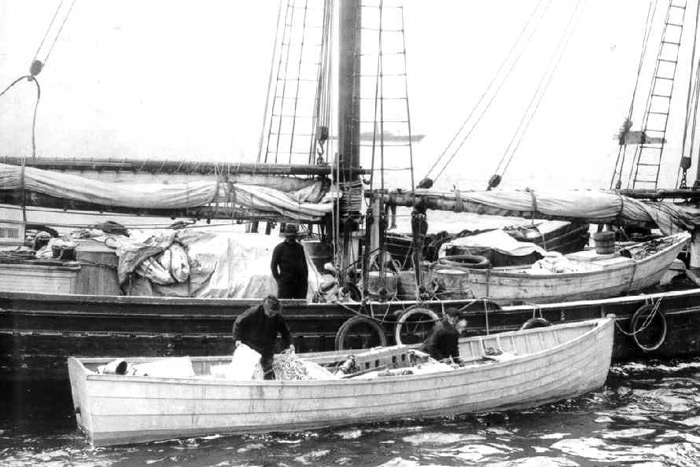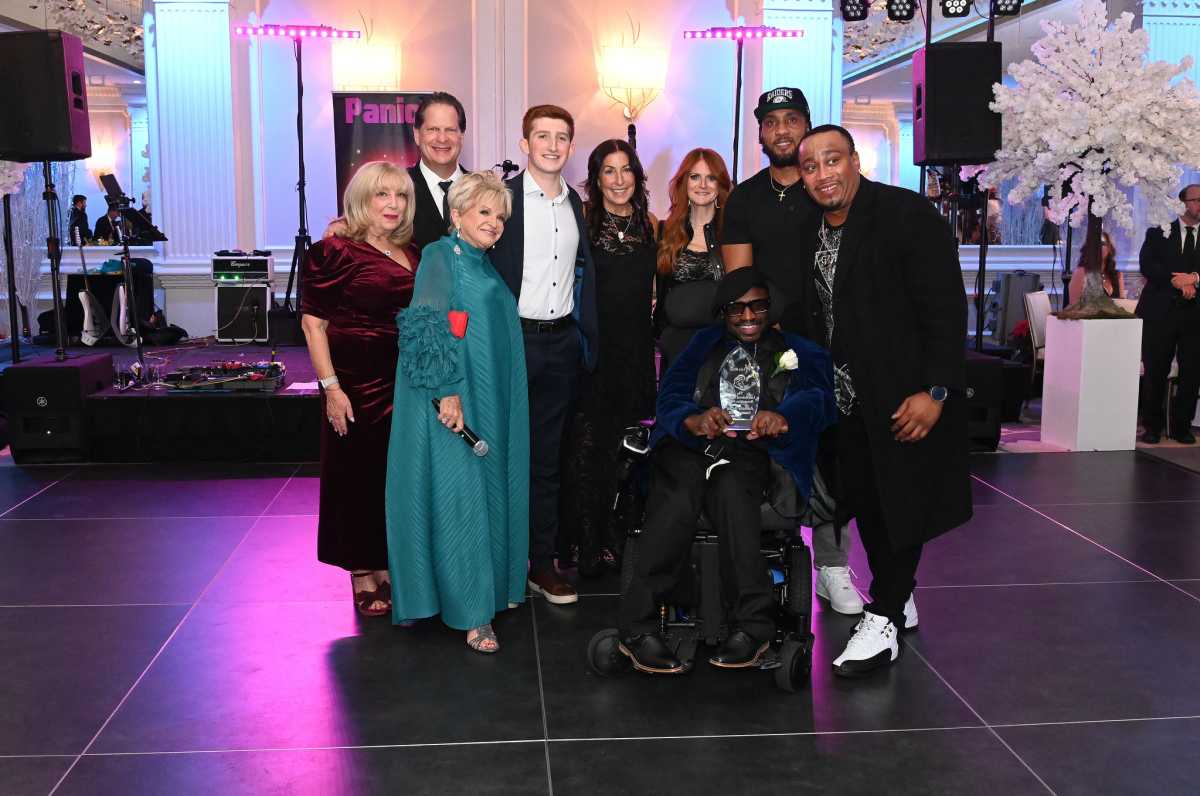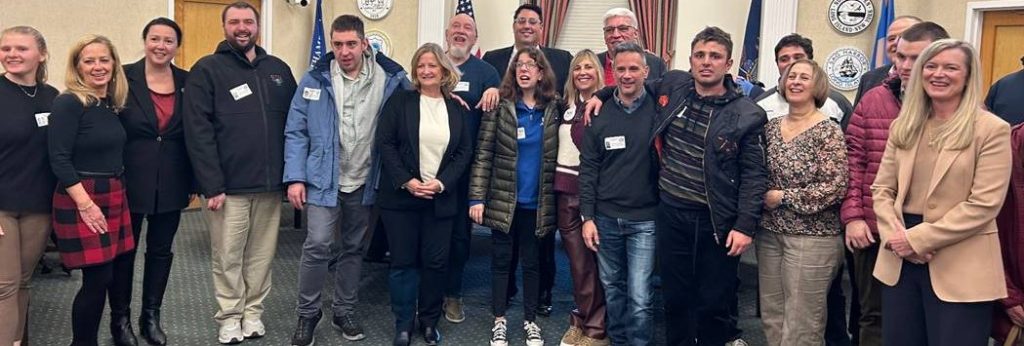Our Amazing History: Rum Running

In October 1919, after much protesting by leaders of the temperance movement — mostly women who couldn’t stand their husbands coming home drunk every night — the federal government passed the 18th Amendment. It became illegal to sell alcoholic beverages in America in January 1920.
For the next 13 years, federal agents, Coast Guardsmen, revenuers, bootleggers and rumrunners played a glorious game of cat and mouse on Long Island. Prohibition was finally repealed in 1933.
During this time, the community of Montauk played a central role in this game because at this faraway, wooded peninsula, it was fairly easy — especially at night — for a ship from England delivering cases of Scotch to meet up with a small fishing boat 12 miles offshore — the limit of American jurisdiction — for the transfer of that illegal material.
The fishing boat operators, fishermen out of Montauk by day and rumrunners by night, would arrive back at the beach to transfer the boxes to the bootleggers, who often drove trucks with false bottoms, so if searched nothing would come up. The bootleggers took the boxes to New York City and some speakeasy with a peephole where, if somebody asked, the person on the other side of the door would say, “Joe sent me.”
Needless to say, people working in this illegal industry did very well for themselves. And later, after prohibition ended, there were many stories to tell.
A favorite was at a nightspot in Montauk known as the Deep Sea Club. A harmless fisherman’s club by day, it transformed itself into a speakeasy at night, complete with loose women, gambling, entertainment and liquor. Located on Star Island, there was a stone guardhouse at the head of the causeway leading out to Star Island and if the feds were seen coming, those in the booth could say one word over a telephone line and in five minutes the place would transform itself back into a fishermen’s club.
Famously, the mayor of New York, Jimmy Walker, was in that club one night when the district attorney’s men pounced suddenly and without warning. The mayor got through it by throwing a dish towel over his arm and masquerading as a waiter.
The Coast Guard had fast boats. And one early morning just after dawn, a surfcaster and his son at Shagwong Point watched a Coast Guard boat chasing a stripped-down fishing boat and slowly gaining on him, until the captain of that boat had his mate throw the boxes overboard into the bay one at a time, which allowed the fishing boat to speed up and get away. Later that day, the surfcaster and his son were out in the water in a rowboat finding the boxes on the bay bottom just where the two had seen them dropped.
There was the time a big truck supposedly filled with furniture turned on its side while trying to negotiate the hills on the Old Montauk Highway. It had hit a rock and fallen sideways with a great crash of broken glass, followed by a rush of whiskey pouring out onto the street. This happened right in front of Gurney’s Inn. That place was run by Ma Gurney at the time, a dry retreat for those who did not imbibe. And it offered church in a meeting room every Sunday morning — but what was that smell?
One week, the situation got so bad that the revenuers held a press conference to announce that a Coast Guard military operation with seaplanes, picket boats, and Navy cutters would flush out all those rumrunners and bootleggers at Montauk. But the four-day operation simply resulted in all those involved lying low until it was over. Then, with the so-called “Dry Navy” gone, they resumed the operation as before.
The Montauk fishing village lost a big revenue source when rum running ended. But it was fun while it lasted.









